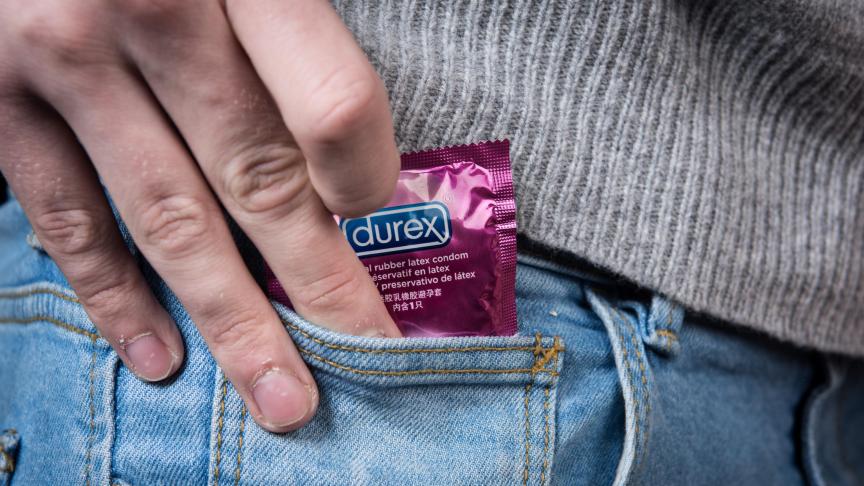In this era of TikTok and readily available pornography, young people are exposed to sexual content and misinformation at an earlier age than ever before, calling for a comprehensive sex education policy across Belgium.
Schools are being given more flexibility in shaping their curricula. However, Sensoa, the Flemish centre for sexual health, warns that the lack of clear educational goals may leave students in the second and third grades (ages 14-18) of secondary education without adequate sex education.
While popular social media platform TikTok can offer some valuable insights on sex and relationships, it also disseminates inaccurate information. For instance, some influencers suggest stopping hormonal birth control and opting for natural methods. Others recommend taking the pill only on the day of sexual activity as a contraceptive measure.
Another concerning trend is the promotion of "hormone fatigue." Many young women express a desire to eliminate unnecessary hormones from their bodies, often turning to less reliable methods such as tracking their menstrual cycles or monitoring body temperature. In its recent report, Sensoa emphasises that these methods are not foolproof and can lead to unintended pregnancies or other health risks.
Sensoa notes that schools can serve as safe spaces where students can receive accurate, evidence-based information about sex and relationships. However, with the newfound flexibility in curriculum development, the centre is concerned that sex education may be overlooked.
Related News
- Sex education controversy: Sixth school targeted, another protest expected in Brussels
- Controversial sex education policy thought to be behind school arson attacks
The recent shift in educational goals, which are now formulated in terms of key competences rather than specific subject requirements, has led to vagueness in sex education standards. The absence of clear, compelling objectives for sex education may discourage schools from addressing this critical topic in a comprehensive manner.
Sensoa highlights the significance of the third year of secondary school as a crucial period when young people begin to explore their sexuality, engage with pornography and enter into sexual relationships. It is during this time that schools can play a pivotal role in imparting accurate information, fostering healthy attitudes towards sex, and addressing questions and concerns that students may have.
In light of these challenges, it is imperative that Belgium prioritises comprehensive sex education in its schools which is essential for young people's sexual health and well-being. Educational authorities should identify the minimum goals for sex education and ensure that it remains a vital component of secondary education.
Only through a concerted effort to provide comprehensive sex education can Belgium equip its youth with the knowledge and tools they need to make informed decisions about their sexual health and relationships, and to navigate the digital landscape responsibly.

